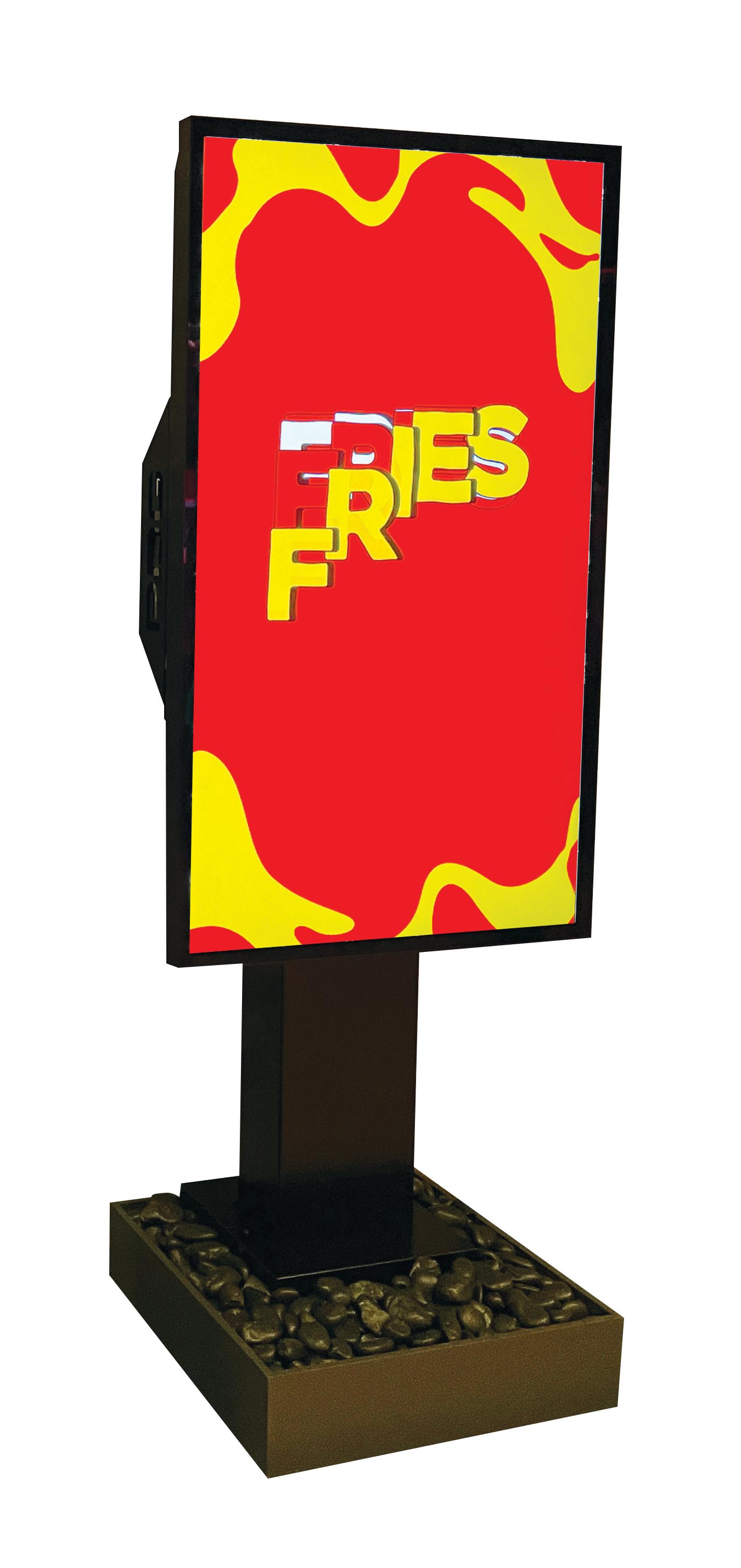
Just a couple of years ago, industry experts reported that digital signage was slightly underperforming when compared to the overall Pro AV industry. But that news is so 2022. Today, digital signage is outpacing the field.
[Editorial: Ballad of the Broken Signage]
For the numbers, let's go to the experts. As explained in AVIXA’s 2023 Industry Outlook and Trends Analysis (IOTA), digital signage is currently a $39.7 billion solution area, with a compound annual growth rate (CAGR) of 6.2%. According to a June 2023 report published by MarketsandMarkets, which focuses on B2B research, the global digital signage market should reach $26.1 billion by 2028, up from $18.7 billion in 2023 (CAGR 6.9%). And there are encouraging numbers from the International Market Analysis Research and Consulting (IMARC) Group: The global digital signage market, which hit $26.9 billion last year, is expected to reach $45.5 billion by 2032, with a CAGR of 5.8% during that stretch.
Estimates vary, of course, because methodologies vary, but researchers seem universally convinced that digital signage is a healthy, growing segment of Pro AV. While North America had the highest market share in 2022, MarketsandMarkets indicated that the Asia Pacific (APAC) region will be the top digital signage market by 2028.
It’s not just the researchers; manufacturers are also bullish on digital signage possibilities. I talked with Steve Durkee, CEO of BrightSign, at ISE 2024 in Barcelona. His company, known for its digital media players, is now focused on solutions, specifically on “experiences we can create and problems we can solve.”
To that end, BrightSign announced Bright Alliance, a comprehensive global support effort for its content management system (CMS) partners, at the show. Durkee also said he is having a lot more discussions about interactivity and immersion for digital signage installations, with the ultimate goal of delivering personalized experiences. “The sophistication is going to increase,” he added. “You can see that trend for sure.”
[Viewpoint: The Burden of Burnout]
Not every digital signage vertical market is thriving equally. While digital signage can be part of improving the work experience and return-to-office efforts, enterprise and higher education are “taking a breather,” according to Sean Wargo, AVIXA’s VP of market insight. During the pandemic, these markets made significant investments that cut across solution areas, not just conferencing and collaboration technologies. Spending has slowed down in these areas, but Wargo expects increased activity when inflation comes down and recession fears recede.

IMARC identified retail as exhibiting a “clear dominance in the market.” While AVIXA doesn’t generally separate data by market, Wargo said it’s safe to say retail will continue to see the lion’s share of digital signage purchases. “Customers are spending,” he explained, “even in the face of inflation and interest rates. “Shoppers are trying to find the products they are looking for. Digital signage helps them do that.”
If you're looking for a thriving digital signage vertical, head over to your local quick-serve restaurant (QSR), because digital menu boards are poised for big growth. CapEx costs are always challenging, but Wargo said it makes sense to deploy digital menu board systems for upsell opportunities, pricing flexibility, and clarity of offerings. “And the prices are conducive, too,” he added.
The integrator channel can benefit from a managed services offering to help QSRs use digital menu boards more effectively and avoid the pitfalls of poorly designed (read: do-it-yourself) systems. Speaking of managed services, this potential revenue stream for integrators is growing faster in digital signage than in any other service area, Wargo reported. Customers can benefit from remote monitoring and content updates, as well as potential equipment leasing and maintenance programs.







